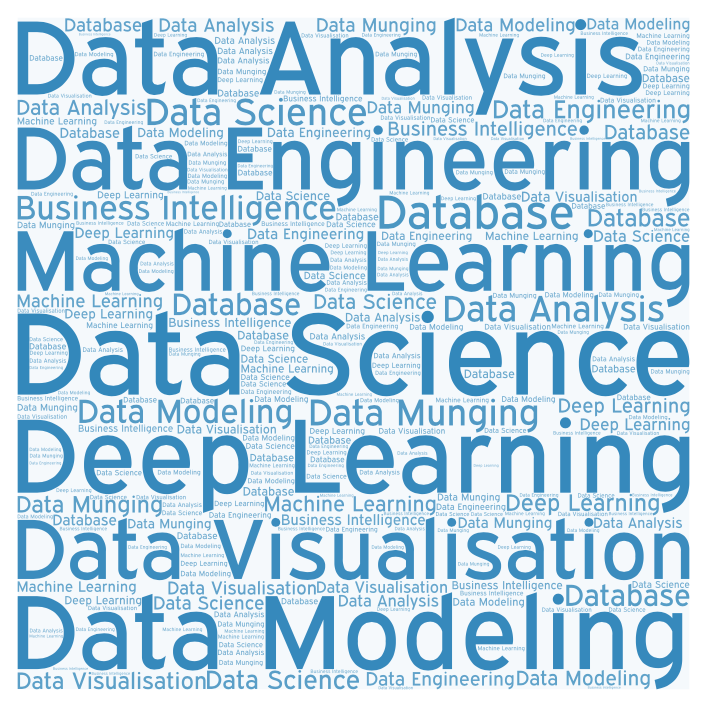What are all these data disciplines about?

You may ask yourself what do all these data related activities mean. Here is a short list to shed some light onto the darkness.
Data analysis is a process of inspecting, cleansing, transforming, and modelling data with the goal of discovering useful information, informing conclusions, and supporting decision-making. Data analysis has multiple facets and approaches, encompassing diverse techniques under a variety of names, and is used in different business, science, and social science domains. In today's business world, data analysis plays a role in making decisions more scientific and helping businesses operate more effectively.
Data science is an interdisciplinary field that uses tools and techniques to extract knowledge and insights from noisy, structured and unstructured data, and apply knowledge and actionable insights from data across a broad range of application domains. It incorporates skills from computer science, statistics, information science, mathematics, information visualization, data sonification, data integration, graphic design, complex systems, communication and business.
Data literacy is the ability to read, work with, analyze and argue with data.
It is a mindset in the organisation on threating data as a valuable asset.
Data mining is the semi-automatic or automatic analysis of large quantities of data to extract previously unknown, interesting patterns such as groups of data records (cluster analysis), unusual records (anomaly detection), and dependencies to enable people to make business decisions
Exploratory Data Analysis refers to the process of performing initial investigations on data so as to discover previously unknown, interesting patterns,to spot anomalies, to find dependencies, to test hypothesis and to check assumptions with the help of summary statistics, statistical graphics and other data visualisation methods. EDA is all about understanding the data before applying other steps to it.

